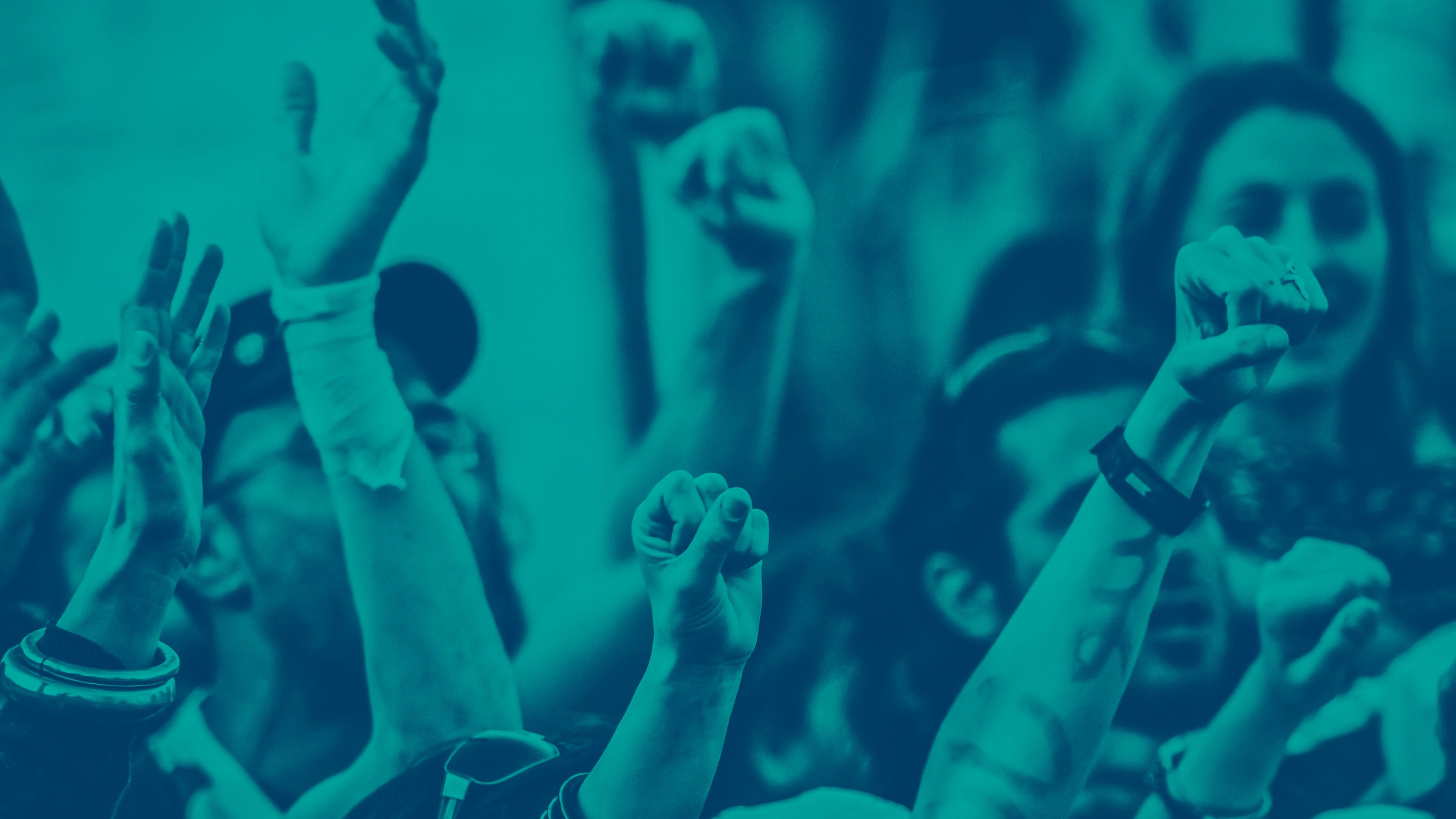Registration
You will receive an email confirming your registration.
In a recent poll, two-thirds of American adults said they were concerned that “extremists” will commit acts of violence following the 2024 election if they are unhappy with the results. This should come as no surprise. Earlier this year the U.S. Department of Homeland Security warned that among other threats the 2024 election cycle will be a “key event for possible violence.” How real is that threat and how would it likely manifest itself? What are the factors driving political violence in America today? And what can be done to mitigate the threat?
Join Aaron David Miller as he sits down with down with former acting assistant attorney general for national security Mary B. McCord and Eric K. Ward, senior fellow at the Southern Poverty Law Center, to unpack these and other issues.
